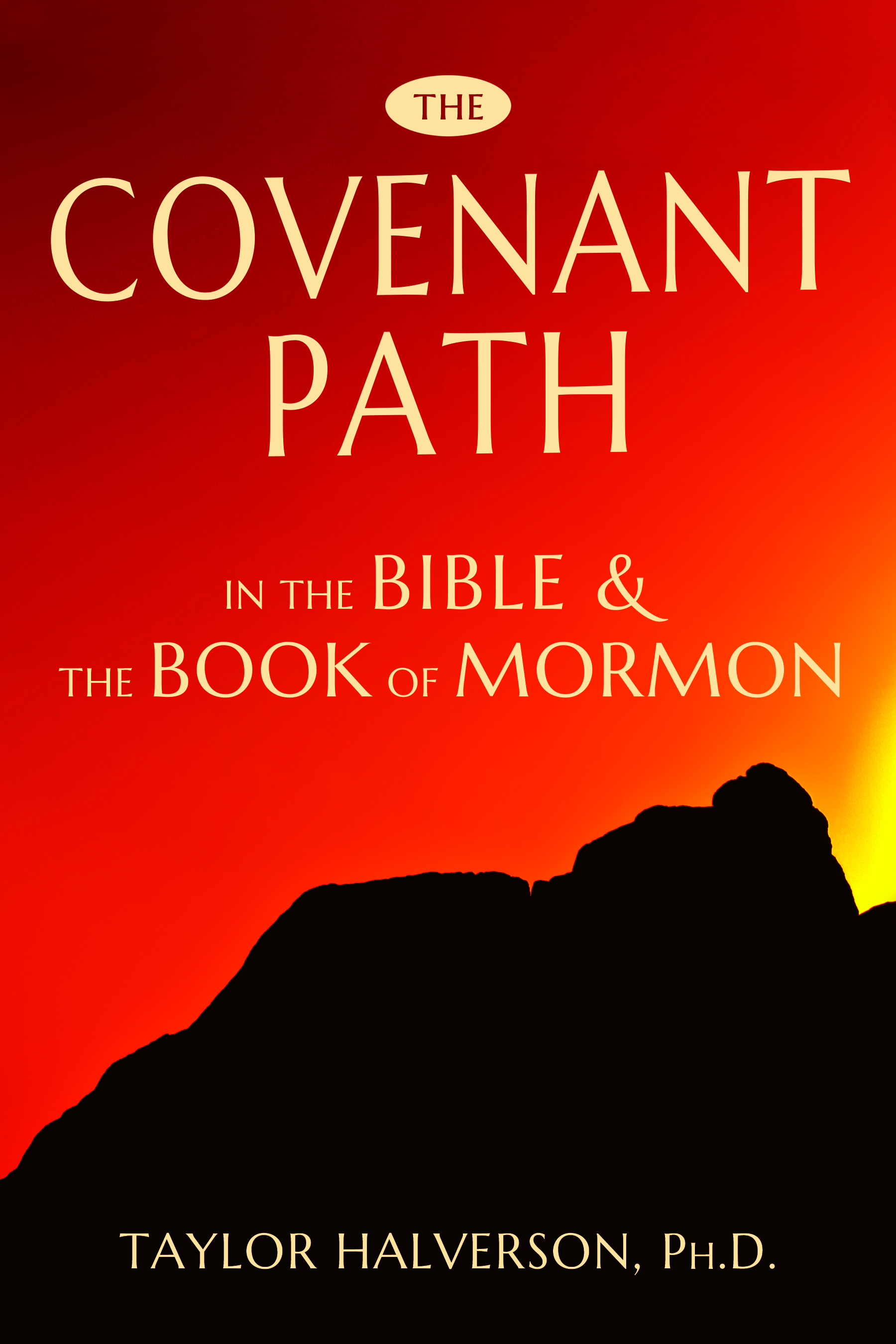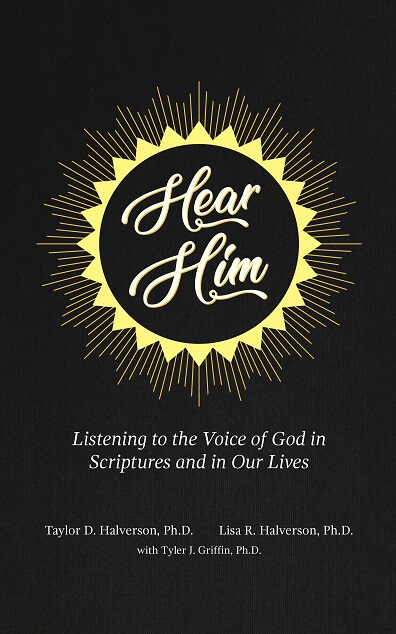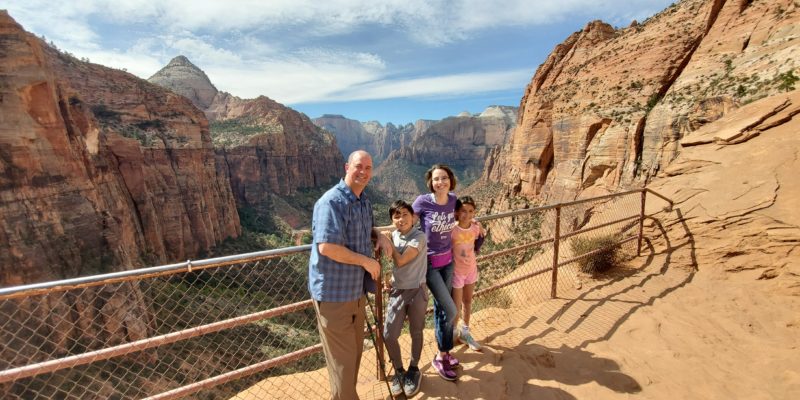In previous articles I’ve talked about the covenantal themes and covenantal logic of the scripture. We’ve seen that God covenantally obligated Himself to the children of Abraham (see Genesis 12:1-3 and Genesis 15, especially vs 17). And then God revealed Israel’s covenantal obligations to Him and to His children at Mount Sinai (see Exodus 20).
King Benjamin’s Speech Follows a Covenant Format
The Mount Sinai covenant is worth reviewing for that is where we learn about what God expects from us in the covenantal relationship. Of course, God can update the covenantal stipulations through new revelation and prophecies. In fact, the Law of Moses has been superseded by Jesus in the New Testament and clarified with restoration revelation.
Here is the basic outline of the covenantal contract God delivered to the Israelites in Exodus.
- God introduces Himself.
- God reminds the people of His great deeds of service, love, and salvation.
- God details what He expects the people to do to show covenantal loyalty.
- God explains the blessings and curses associated with the covenant.
- God identifies the witnesses for the covenant.
- God records the covenant and has it stored in a sacred location.
Why is this relevant to King Benjamin’s speech? Because his speech follows the same covenantal format revealed at Mount Sinai. That means that when we read King Benjamin’s speech we should pay special attention to what God expects of us, what He reveals as our covenantal obligations to show love and loyalty to Him.
| Exodus | Deut. | Mosiah | |
| Introduction of Covenant Parties | Ex. 20:1–2 | Deut. 1:1–5 | Mosiah 1:1–2:9 |
| Historical Review of Great Deeds | Ex. 20:2 | Deut. 1:6–3:29 | Mosiah 2:9–21, 23–30 |
| Stipulations and Instructions for Showing Loyalty in the Covenant | Ex. 20–23 (especially 20:3–17) | Deut. 1:1–5 | Mosiah 2:22, 24, 31–41; 4:6–30 |
| Witnesses | Ex. 24:3 | Deut. 31:19–32:45 | Mosiah 5:2–8 |
| Blessings and Curses | Ex. 23:20–33 | Deut.27–28 | Mosiah 5:9–15 (see also 3:24–27) |
| Record the Covenant and Store in a Sacred Location | Ex. 24:7 | Deut. 31:1–9 | Mosiah 2:8–9; 6:1–3, 6 |
(Modified from “The Treaty / Covenant Pattern in King Benjamin’s Address (Mosiah 1–6)” by Stephen D. Ricks, BYU Studies Vol. 24, No. 2 (Spring 1984), pp. 151–162.)
Our Covenantal Obligations Are Revealed
Our covenantal obligations are found scattered in Mosiah 2 with a larger concentration in Mosiah 4. I won’t review all that God expects of us there except to highlight a few key take-aways.
In order to experience the blessings of Abraham, our covenantal obligations include the expectation that we believe a number of things, beginning with belief in God.
“Believe in God; believe that he is, and that he created all things, both in heaven and in earth; believe that he has all wisdom, and all power, both in heaven and in earth; believe that man doth not comprehend all the things which the Lord can comprehend. And again, believe that ye must repent of your sins and forsake them, and humble yourselves before God; and ask in sincerity of heart that he would forgive you; and now, if you believe all these things see that ye do them.” (Mosiah 4:9-10)
To be covenant keeping members of God’s community, we should provide for our children’s basic needs while teaching them in the paths of righteousness (see Mosiah 4:14-15)
To be covenantally loyal, we should share our blessings and substance with those around us (see Mosiah 4:16-25)
And what I really love about King Benjamin’s speech is his catch-all phrase, explaining that we should not have to be commanded in all things. We do not need a check list from God for how to show covenantal righteousness, loyalty, and love.
“And finally, I cannot tell you all the things whereby ye may commit sin; for there are divers ways and means, even so many that I cannot number them. But this much I can tell you, that if ye do not watch yourselves, and your thoughts, and your words, and your deeds, and observe the commandments of God, and continue in the faith of what ye have heard concerning the coming of our Lord, even unto the end of your lives, ye must perish. And now, O man, remember, and perish not.” (Mosiah 4:29-30, emphasis added)
The scriptures are literary and doctrinal gems of truth. They teach us of God’s covenants. As children of Abraham (whether by blood or adoption) to fully receive and retain all that God has covenantally promised us, we must do our part to be covenantally faithful to Him. King Benjamin’s speech is a beautiful explanation of what God expects His covenant making children to do.
OTHER RESOURCES
See also my book The Covenant Path in the Bible and the Book of Mormon “Chapter 13: The Book of Mosiah: The Book of Three Kings and the Story of Their Covenant Paths.”
More from Taylor Halverson
My latest book The Covenant Path in the Bible and the Book of Mormon is now available on Amazon and Deseret Book!

Join my newsletter and receive a free humorous eBook Memoirs of the Ward Rumor Control Coordinator is a light-hearted look at our beloved Mormon Church of Jesus Christ of Latter-day Saints culture. When you join my newsletter, it’s a bit like voting for Pedro. Your wildest dreams might come true!
And check out my new book Hear Him: Listening to the Voice of God in Scriptures and in Our Lives by Taylor Halverson, Lisa Halverson, and Tyler Griffin.








